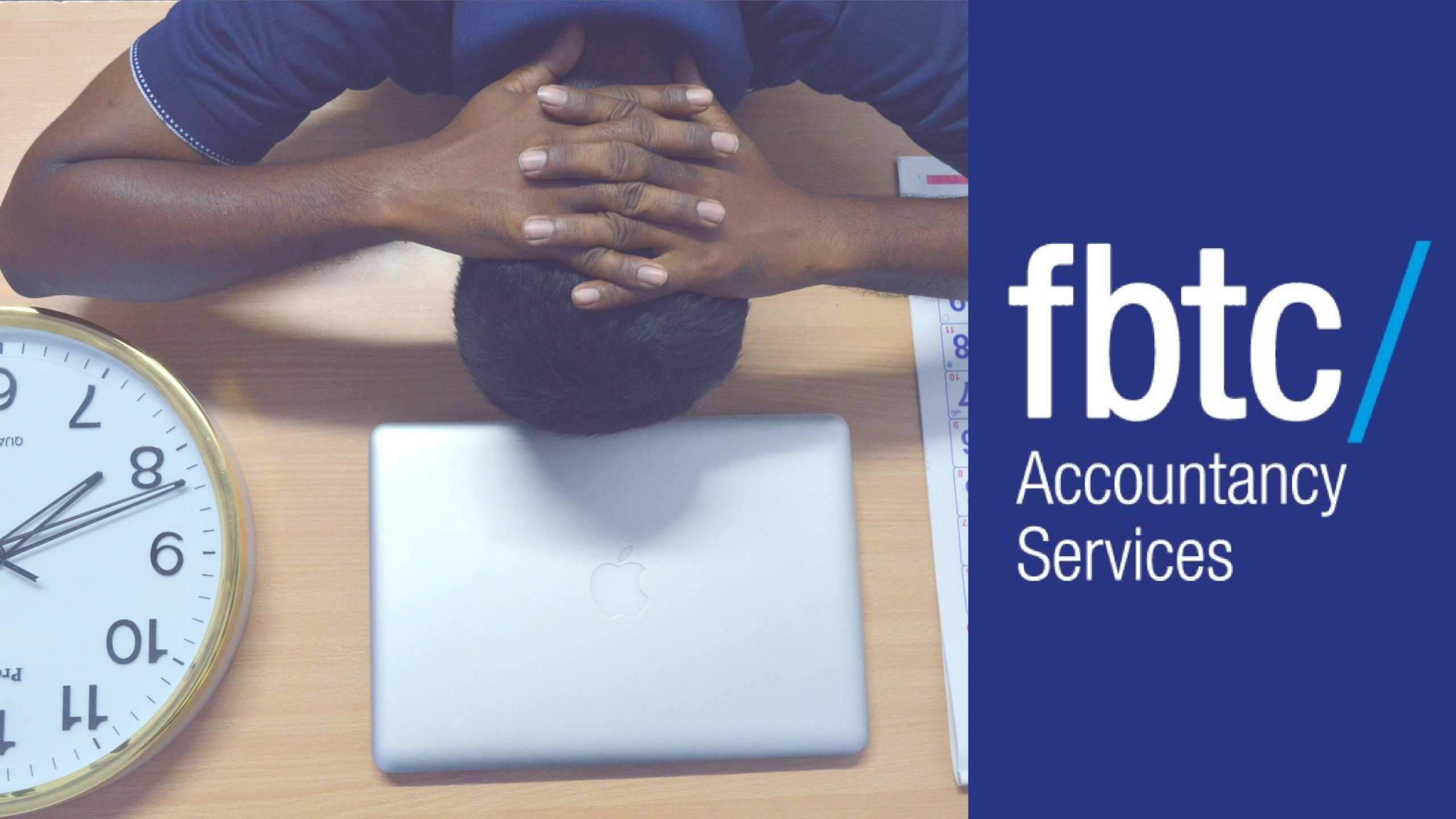January 24. 2018
Your main priority is likely to get your Self-Assessment
submitted on time, but are you completing it correctly? FBTC have compiled an
overview of tips for you to think about when preparing and filing your tax
return.
A key element of your tax return is your income. Are you
including it all?
You will have been required by HMRC to complete the tax
return because you are self employed. However, once asked to complete a tax
return, you have to include all sources of income. So don’t forget bank
or building society interest, PAYE income and rental property income. And this
is income received during the whole of the tax year. If this is the
first year that you began self employment some people mistakenly think you only
include income received after the self employment started. Consider all
expenses that you are trying to claim for to ensure they are definitely
allowable for tax purposes. Getting your income and expenses correct is
important so as to reduce the chances of an HMRC enquiry/investigation.
It isn’t just about what you include it is about how and
where you include it. From year to year you might miss classify your expenses,
recording transactions under different categories. It’s best to be consistent.
Don’t rush to complete your return, there is a chance that
you may transpose figures or add them up incorrectly, which will lead to the
wrong calculations. This might mean you pay more tax than you need to and
nobody wants to do this.
Deadlines are suddenly on top of us even though we know
exactly when they are. Preparation is key to ensuring accuracy and filing on
time to avoid the £100 late penalty charge. It is much better to know what your
tax liability is in advance rather than filing it on the deadline and then not
been able to pay your bill. If you were unable to pay your tax liabilities, you
will start to receive late payment interest from 1st February and
further delays in payment could lead to surcharges based on a percentage of the
outstanding balance.
HMRC state ‘tax doesn’t need to be taxing’, this is correct
it doesn’t need to be and having a professional acting for you can be
beneficial. This is not only to ensure you are compliant with HMRC regulations,
but a good accountant will also save you money.
